About us
Plant-based Sustainable Food System Education and Research for All.
The Ulam School project intends to alleviate the impact of non-communicable diseases on public health in Malaysia, Vietnam and Cambodia, as a start, through food education.
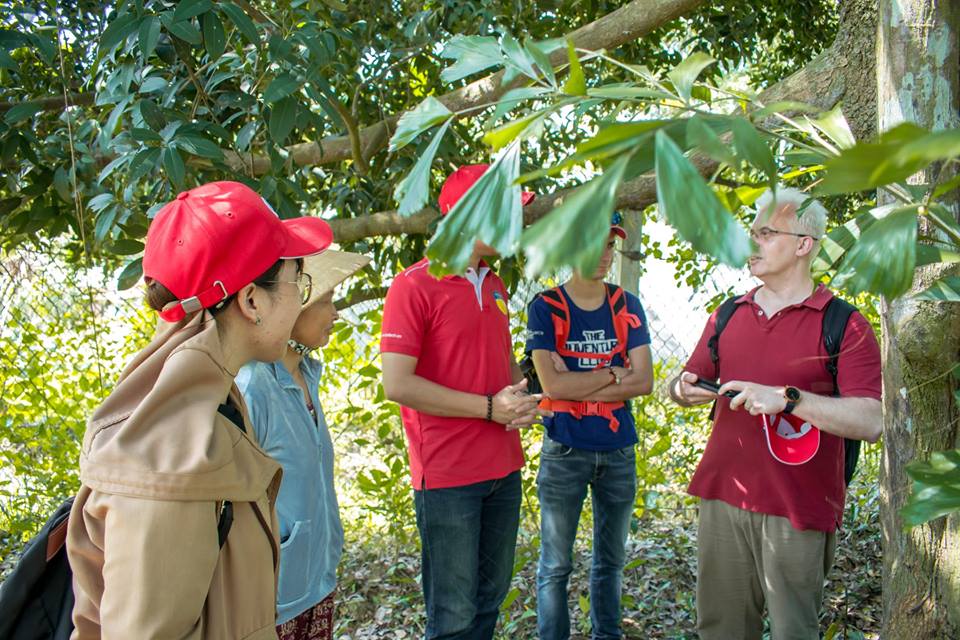
Learning from indigenous communities, the gatekeepers of ulam, our regenerative flora.
Back in 2014, the founder of the Ulam School, a Frenchman by the name of Eric, did not pay much attention to ulam. He had just settled down in Kuala Lumpur, together with his Malaysian wife and their three children. He fell in love with the diversity of Malaysian cuisine and the mysterious ulam.
One day, his mother-in-law invited the five of them for a homecooked Sunday meal. It was simple: fried fish, white rice and a few greens on the side. Below the crispy skin, the flesh of the fish was as white as porcelain and tasted of the sea. The rice grains were shiny and fluffy. The greens were so vividly green that you felt they were about to turn blue. It was a feast for the senses.
That day, the Frenchman had one of the best meals of his life. He felt revigorated. He suspected that the well-being he felt came from these leafy greens that he ate on the side. His mother-in-law told him that they were called ulam-ulaman, or ulam in singular form. And yes, they would do good for your health. Eric, the Frenchman, was intrigued.
So Eric, a sociologist by training, started some research on the Malaysian diet. He lifted a tiny part of the veil that would unfold the world of ulam. He was stunned by the ample array of the wild and naturalized edible plants of the Malay world. There was a promise of their medicinal properties, for which only a part had been scientifically tested.
More surprising to Eric, the mysterious ulam was not popular in Malaysian cities. Ulam was losing out to the charisma of imported greens such as kale, avocado and rocket salad. Coincidentally, the rate of Non-Communicable Diseases in Malaysia (NCD – pathologies linked to food consumption and lifestyle) had become a major public health concern in Malaysia.
There was hope to contribute to the country’s effort to halt the spread of NCDs. Eric’s passion was teaching, and a food education project made sense. In 2015, Eric met Hart in a food studies conference in Oxford, UK. They quickly realised they shared the same interest. In 2016, they applied to a Toyota foundation grant termed – Generations of Nutrition – under Hart’s leadership at Kyoto University. This laid the foundation for a future food education project.
In 2018, it was Eric’s turn to apply and be awarded a grant by the Toyota Foundation in Tokyo, Japan. By then, the project had matured and it was aptly called “The Ulam School”. In 2020, the National Commission of UNESCO in Malaysia took some interest and supplied a modest funding to carry out the research.
In 2022, we decided to go further than the construction of an ulam database or publishing a recipes book. We began to design short courses, for college students of for lifelong learning purpose. That year, the Ulam School really became a school. For all.
Back in 2014, the founder of the Ulam School, a Frenchman by the name of Eric, did not pay much attention to ulam. He had just settled down in Kuala Lumpur, together with his Malaysian wife and their three children. He fell in love with the diversity of Malaysian cuisine and the mysterious ulam.
One day, his mother-in-law invited the five of them for a homecooked Sunday meal. It was simple: fried fish, white rice and a few greens on the side. Below the crispy skin, the flesh of the fish was as white as porcelain and tasted of the sea. The rice grains were shiny and fluffy. The greens were so vividly green that you felt they were about to turn blue. It was a feast for the senses.
That day, the Frenchman had one of the best meals of his life. He felt revigorated. He suspected that the well-being he felt came from these leafy greens that he ate on the side. His mother-in-law told him that they were called ulam-ulaman, or ulam in singular form. And yes, they would do good for your health. Eric, the Frenchman, was intrigued.
So Eric, a sociologist by training, started some research on the Malaysian diet. He lifted a tiny part of the veil that would unfold the world of ulam. He was stunned by the ample array of the wild and naturalized edible plants of the Malay world. There was a promise of their medicinal properties, for which only a part had been scientifically tested.
More surprising to Eric, the mysterious ulam was not popular in Malaysian cities. Ulam was losing out to the charisma of imported greens such as kale, avocado and rocket salad. Coincidentally, the rate of Non-Communicable Diseases in Malaysia (NCD – pathologies linked to food consumption and lifestyle) had become a major public health concern in Malaysia.
There was hope to contribute to the country’s effort to halt the spread of NCDs. Eric’s passion was teaching, and a food education project made sense. In 2015, Eric met Hart in a food studies conference in Oxford, UK. They quickly realised they shared the same interest. In 2016, they applied to a Toyota foundation grant termed – Generations of Nutrition – under Hart’s leadership at Kyoto University. This laid the foundation for a future food education project.
In 2018, it was Eric’s turn to apply and be awarded a grant by the Toyota Foundation in Tokyo, Japan. By then, the project had matured and it was aptly called “The Ulam School”. In 2020, the National Commission of UNESCO in Malaysia took some interest and supplied a modest funding to carry out the research.
In 2022, we decided to go further than the construction of an ulam database or publishing a recipes book. We began to design short courses, for college students of for lifelong learning purpose. That year, the Ulam School really became a school. For all.
Mission
We aspire to contribute to public health, environmental quality and degree of social cohesion by providing quality education on plant-based sustainable food systems.
Vision
The diversity of our team and communities aims to make Ulam School a regional reference in education and research for plant-based sustainable food systems.
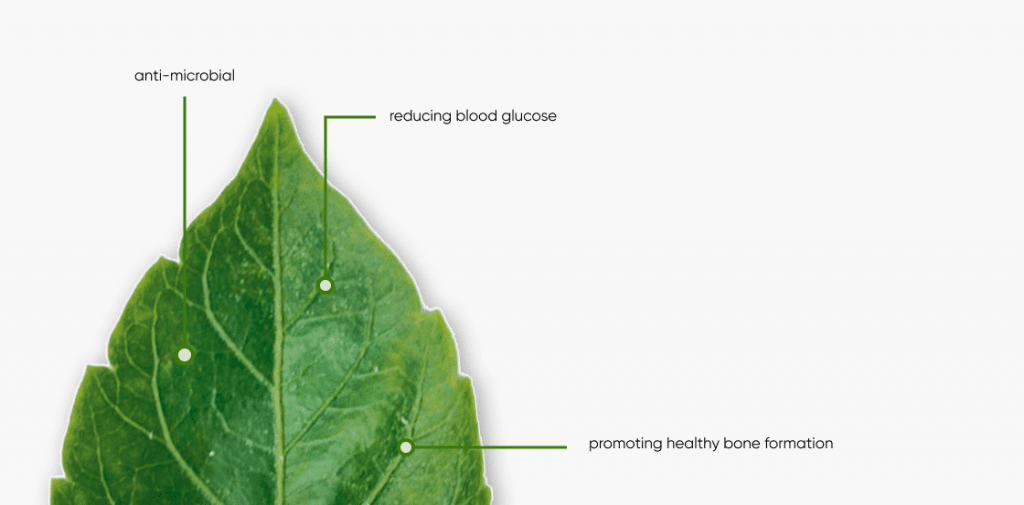
Mission
We aspire to contribute to public health, environmental quality and degree of social cohesion by providing quality education on plant-based sustainable food systems.

Vision
The diversity of our team and communities aims to make Ulam School a regional reference in education and research for plant-based sustainable food systems.
Exploring connections between people and our world
To be healthy and to feel good in our bodies, we must learn about our relationship with plants. Our bodies are not able to function without plants; our nutritional, historical, social, physical aspects derives from them.


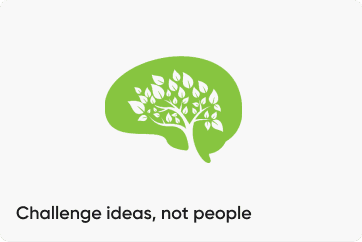

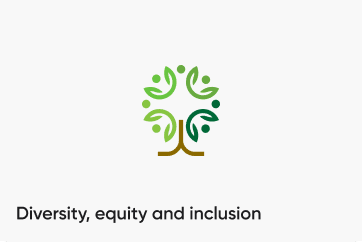
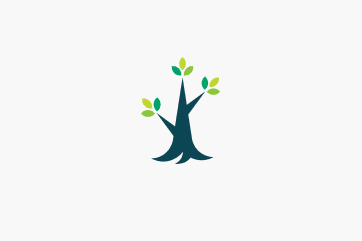
Educators First & Advocates For Change
Our diverse and globally inclusive team have come together to help communities achieve well-being through preservation of ecosystems and education.

Your Name
Title
Title

Your Name
Title
Title

Your Name
Title
Title

Your Name
Title
Title

Your Name
Title
Title

Your Name
Title
Title

Your Name
Title
Title

Your Name
Title
Title

Your Name
Title
Title

Your Name
Title
Title

Your Name
Title
Title

Your Name
Title
Title
Get in touch with our passionate and diverse team at Ulam School
Our team curates botanical, cultural and culinary information to make them user-friendly for everyone.